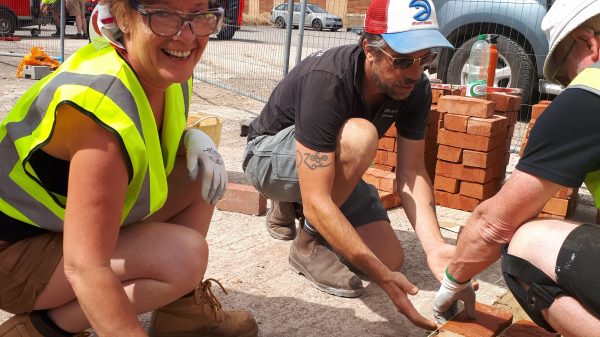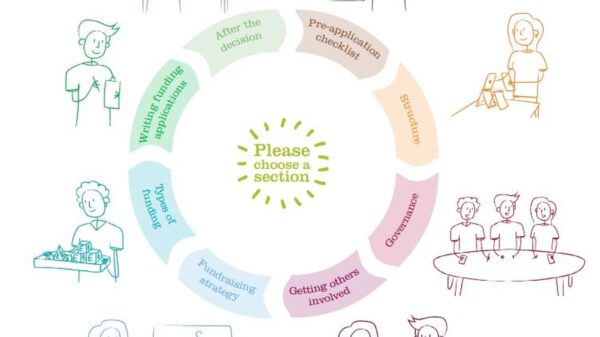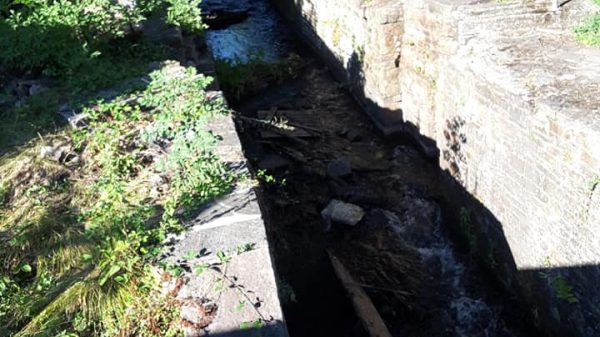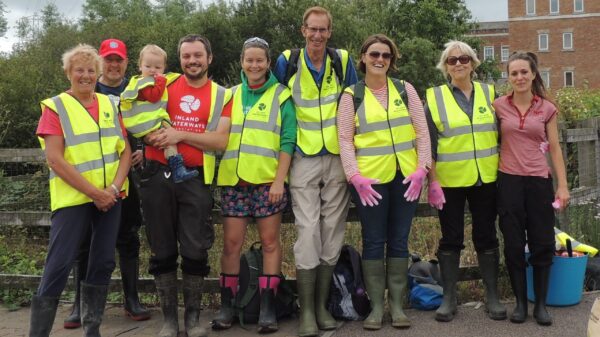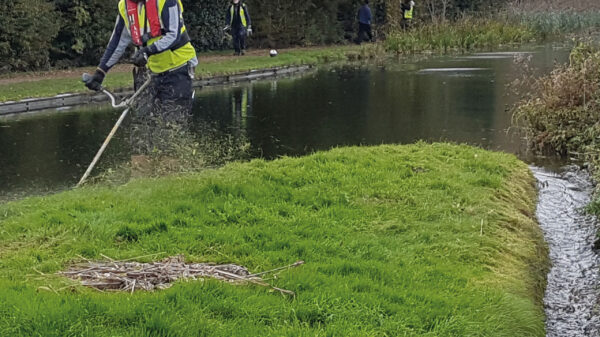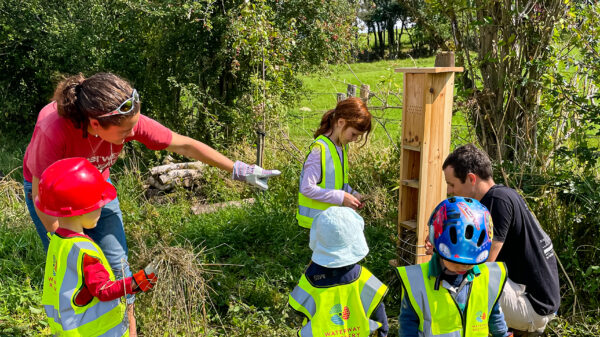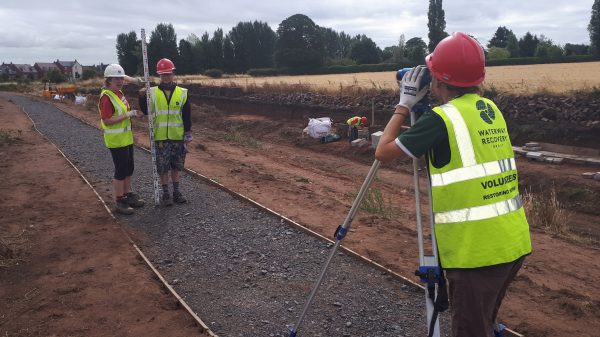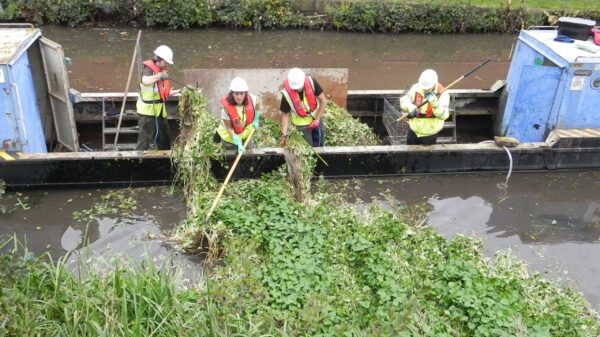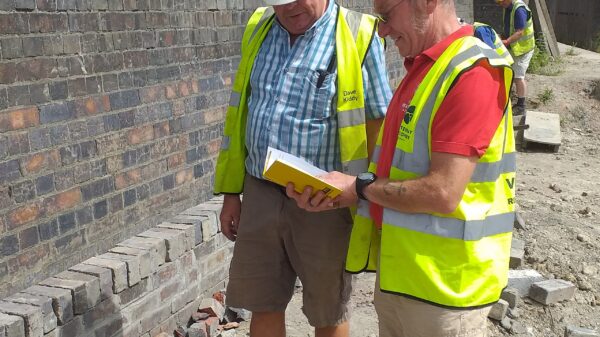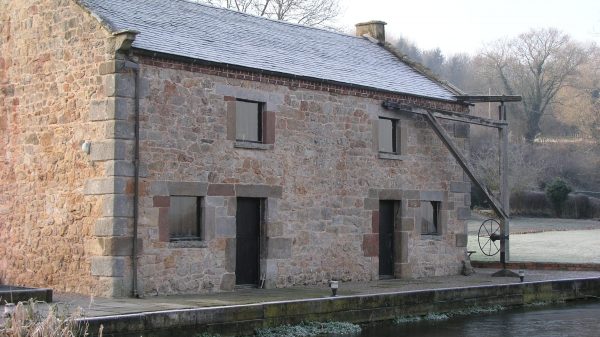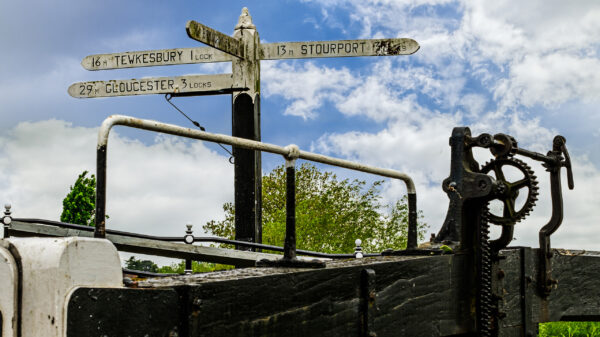How to Apply for a Grant
There are around 8,800 grant-making bodies, contributing more than £2 billion in grants to charitable causes each year. These grants can make a huge difference and the amount of funding available means there is plenty of opportunity to have at least one successful application.
Grant-making bodies can vary hugely, so it is always worth doing your research into which you are eligible to apply to and would be most likely to provide a grant. Before starting an application, it is also a good idea to make sure you know what is required as many grant-making bodies have a strict set of criteria. In some cases they have an application form but many do not. In these cases find out what is expected of you before starting an application letter.
The Project
Before searching for a grant, you will need to have a clear idea of what the grant is for. Although the application criteria will vary between grants, it is a good idea to think about what the project will offer and how you can use it to persuade the grant-making body to give you the funding. Consider who or what the project will benefit, whether it will educate people, contribute to the community or how it will impact people’s lives.
How to find a grant
Finding a grant that suits your project can be a difficult task, however there are several resources online that can help you.
- The Heritage Alliance website allows you to put in certain criteria and search for available grants.
- Funding Central is an excellent resource for finding grants and other information. It also sends out a weekly newsletter with links to potential funding. You will need to create an account to access all areas but registration is free.
Writing the Application
- About the Project – Include detailed information about the purpose behind your work, whether it benefits a location or a specific community (and how it does this), what difference the grant will make, and the consequences of the grant not being given.
- Budget – Work out a sensible and accurate budget for your project. Ask the grant-making body for a specific amount of money. Don’t be vague; make sure you let them know exactly what you plan to spend the money on. You could say that you are looking for a contribution of £X towards a target amount of £Y, perhaps mentioning other funding sources.
- Contact Information – Include your name, address and phone number.
- Timing – Leave plenty of time. Make sure you can go over the application multiple times before the deadline to ensure there are no mistakes and submit the application before the deadline or it most likely won’t be considered.
- Questions – Do not be surprised if the grant-making body contacts you with questions about your application, project or organisation. Make sure you give detailed answers and keep in mind that you are trying to persuade them. Build a level of empathy with the trust and you will be far more likely to get funded.
- Visits – The grant-making body may want to visit you, whilst others will deal with you remotely or over the telephone. A visit may mean you are past the first stage and the grant-making body wishes to get a better idea of what you do and what the project involves.
You’ve been awarded the grant – What next?
- Stay in Contact – Be sure to thank the grant-making body and remain in contact. Do not be afraid to let them know if problems arise as they may be able to help. Also inform them of your success. They will want to know that their money has helped to make a difference.
- Reports – Once you have been awarded the grant, it is not the end of the hard work. You will need to stick to your plan and notify the grant-making body of any changes. It is likely that the grant-making body will want regular reports on how the project is progressing. They simply want to know their money is being spent well.
- Broadcasting Success – Having a success story will help show the benefit of grants for IWA. Write an article for the branch magazine and consider contacting the local paper. Let Head Office know of your progress so that it can be included in the bulletin and social media pages.
Other useful websites
- Search engine for grants
- Heritage Lottery Fund
- Dummies Guide to Grant Applications
- Funding Central
- Grants Online (Please contact Paula Smith at IWA Head Office for more information)

